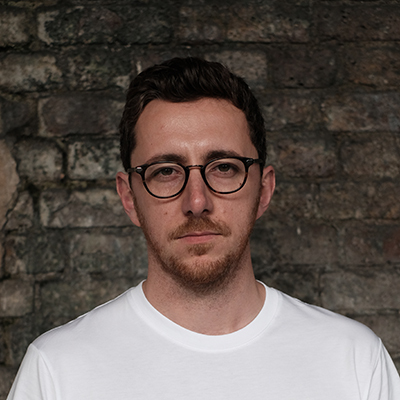Drowsy driving, like drunk driving, can be dangerous because poor sleep affects hand-eye coordination, vigilance and reaction times.
Accurately measuring the effect of a poor night’s sleep on road safety is difficult, however. Unlike blood alcohol, tiredness is difficult to quantify.
The US National Highway Traffic Safety Administration attributed 1.6 per cent of road deaths (684 fatalities) in 2021 to drowsy driving, though it’s been suggested the true figure could be much higher.
A study by the American Automobile Association Foundation for Traffic Safety estimated that getting between five and six hours of sleep almost doubled the risk of a crash, while those who slept for four to five hours had more than four times the crash rate.
This article is an answer to the question (asked by Lester Herbert, via email) 'How is your driving affected after a night of insomnia?'
To submit your questions, email us at questions@sciencefocus.com, or message our Facebook, X, or Instagram pages (don't forget to include your name and location).
Check out our ultimate fun facts page for more mind-blowing science.
Read more:
